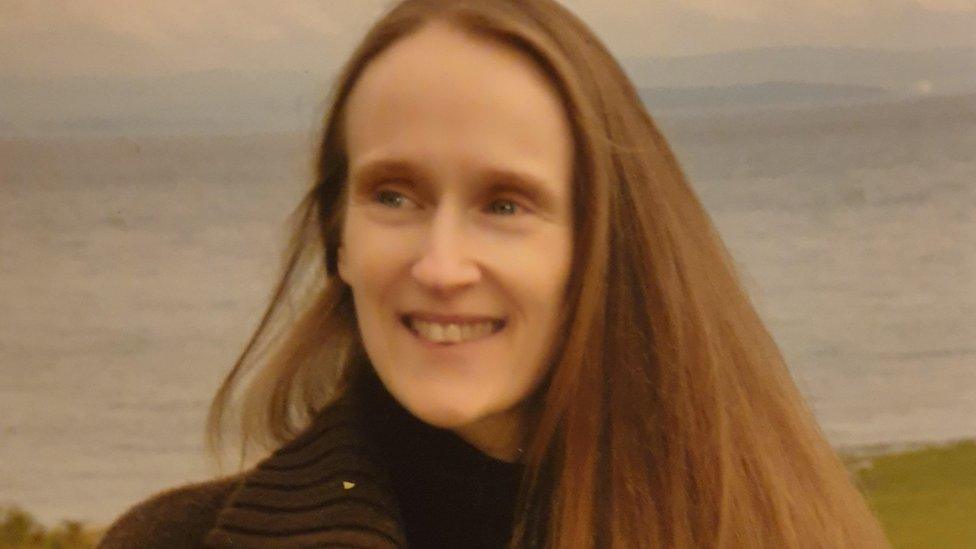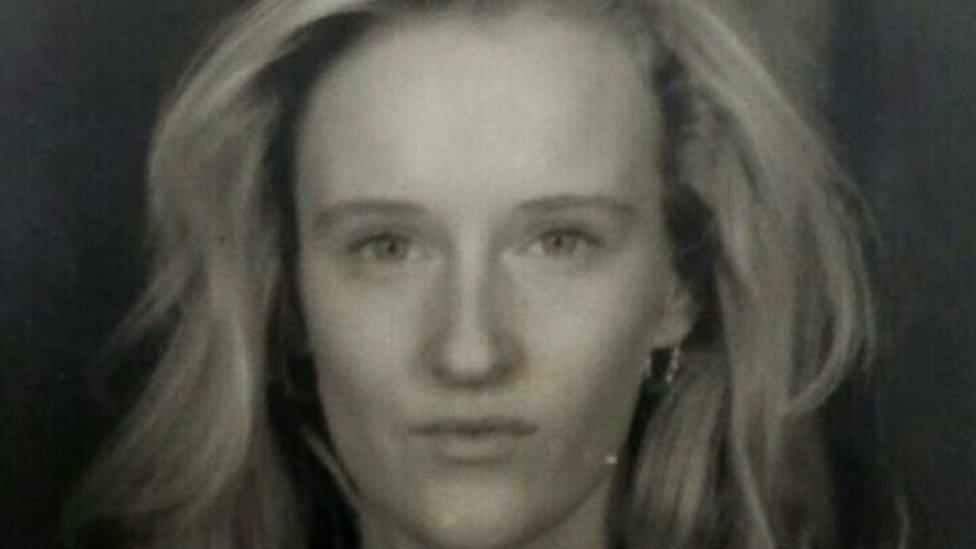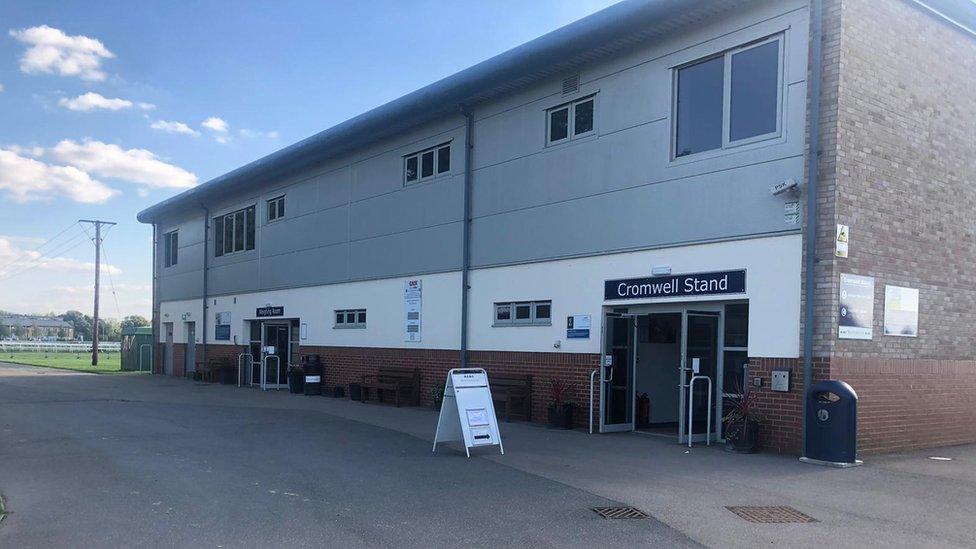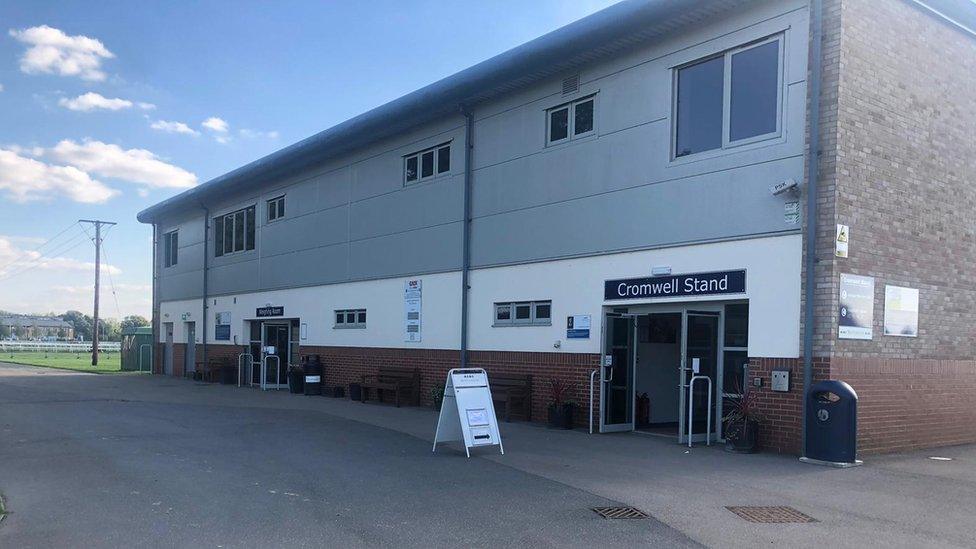Amanda Bowles inquest: Anorexic woman's 'deterioration wasn't noticed'
- Published

Amanda Bowles was found in her Cambridge flat in September 2017
An anorexic woman "deteriorated without being noticed" before her death, an inquest has heard.
Amanda Bowles, 45, was found at her Cambridge home in September 2017.
Ms Bowles was discharged from the adult eating disorder service (AEDS) at Cambridge and Peterborough Foundation Trust (CPFT) in December 2016.
Consultant clinical psychologist Dr Renate Pantke said earlier intervention "might have given her a chance to be admitted to hospital and survive".
The inquest at Huntingdon Racecourse is the latest to be heard in a cluster of five deaths of people with anorexia between 2012 and 2018.
The inquest has previously been told that in April 2017, Ms Bowles called the AEDS saying she had not had any monitoring in the community and said she was "struggling and with eating and concerned she was losing weight".
Dr Pantke said in a report she felt the "overall absence of coordinated care contributed to [her] death".
"If her deterioration would have been noticed in February, March, April... it might have given her a chance to be admitted to hospital and survive," she said.

The recorded cause of Ms Bowles' death was pneumonia and a pathology report said her eating disorder was likely to have contributed
Her report stated the monitoring following her discharge from the AEDS was "inadequate and on the balance of probabilities these inadequacies contributed to her death".
Dr Pantke's report also found on the balance of probabilities she believed "shortcomings" in an assessment on 24 August 2017 "and the absence of urgency to act on the results and implement safeguards contributed to Ms Bowles's death".
"The contributing factor to all of these issues was a lack of clear national guidance on who provides physical health monitoring and care coordination to people with severe risk eating disorders," she added.
The inquest has heard the recorded cause of Ms Bowles' death was pneumonia and a pathology report said her eating disorder was likely to have contributed.
The court heard Ms Bowles had also been diagnosed with obsessive compulsive disorder, depression and agoraphobia.
The inquest continues.
If you are affected by any of the issues in this story, you can talk in confidence to eating disorders charity Beat by calling its adult helpline on 0808 801 0677 or youth helpline on 0808 801 0711.
- Published3 September 2020

- Published2 September 2020

- Published1 September 2020
